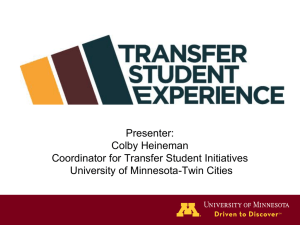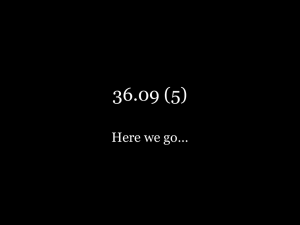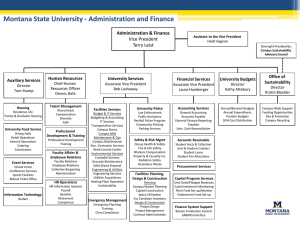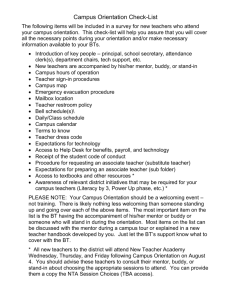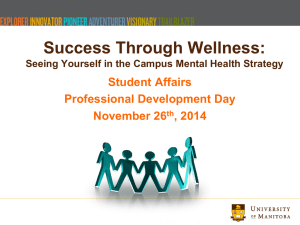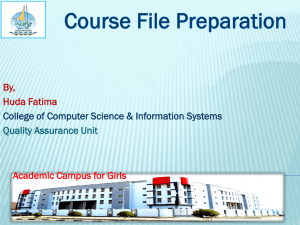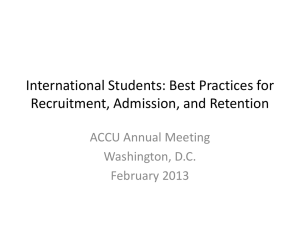Starting a Campus MFI - Start-Up Kit
advertisement
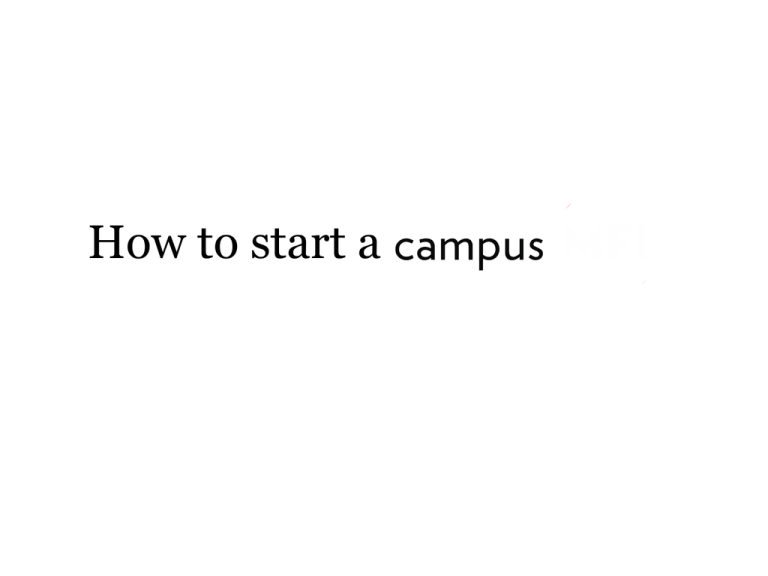
How to start a Define Campus MFI A group or organization founded or led by students that offers equitable financial services to disadvantaged community members off-campus Campus MFI Examples The Campus Microfinance Alliance is a platform for students to learn how to practice microfinance. How we help Campus MFIs Annual conference Start Up Kit (Startupmfi.wikispaces.com) Intensive technical assistance – Site Visits Lend for America Fellowship Alchemy Listserv & Member Monthly Yale University in New Haven, CT Founded 2001 ~50 student staff 2012 Operating Budget: $13,000 University of North Carolina Founded in 2009 ~130 student volunteers 2012 Operating Budget: $68,0 Brown University Founded in 2008 7 Full-time staff 2012 Operating Budget : $280K Before you start • Is microfinance right for you and your campus community? – Commitment – The Team – Skills – University Support – Market Research Legal Structure Start-Up Arizona State; Fordham University 501(c) 3 Yale; Rutgers; Brown; UNC Chapel Hill; Georgetown; University of Wisconsin; Grinnell College Student organization Northwestern; Duke; University of Alabama; Academic Notre Dame; St. Cloud State; Bentley Products & Services Technical Assistance: Loan packaging Small Business Loans Credit Builder Loans Tax Prep Financial Coaching Business Training Course Savings Financial Literacy Class Alternative payday loan products Consumer loans Bank On Access to Markets Fundraising • Community Reinvestment Act (1977) – Banks • Ask on campus for funds – Think experiential education, community engagement, community service – Professors, department chairs, Dean/President/Provost office, Center for Service Learning, Center for Social Entrepreneurship – Business plan competitions Sustainability • Structure: Example - Departments – Executive Board (co-CEOs, COO, CFO) – Fundraising Department – Lending Department – Finance Department – External Relations Department • Leadership transitions What to do first • ‘Voices of my community’ exercise to get to know your community – Go off campus and have conversations with community members Consider the following • Geography: Is there a neighborhood close to campus that is underserved by local providers? What does it look like and what are its main challenges? Are there central places where I can go to speak to local community members? • Demographics: Where is there a potential match between their cultural characteristics (ie, low income Hispanic microbusinesses) and our capacities? • Psychographics: What are the attitudes, values, challenges, and preferences of community members? Take-home Exercise Voices of my community


